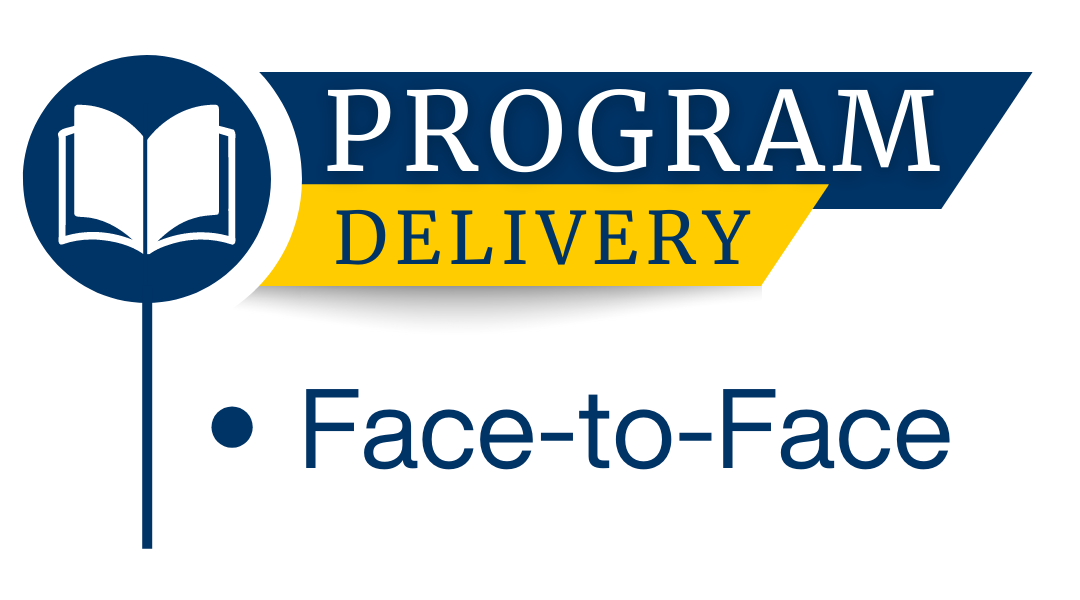
The Exercise Science program is designed to prepare students for careers in public, private, hospital, and corporate wellness programs, industrial and cardiac rehabilitation programs as well as fitness and conditioning programs.
Students will also be well-prepared for graduate study in areas such as cardiac rehabilitation, exercise physiology, athletic training, and physical and occupational therapy.
Program GoalsThe goals of the Lander University Exercise Science Major prepare students to be able to:
Entrance Requirements
A student may declare a major in Exercise Science (Level I/pre-professional) upon enrollment in the university. However, Exercise Science majors will not be allowed to enroll in 300- and 400-level (professional) exercise science courses until they have been formally accepted into Level II (professional) of the Exercise Science Program. The application for Level II Acceptance can be found here. If you have any questions, please contact Dr. Bruna Lynch at blynch@lander.edu.
PROGRAM REQUIREMENTS
Note: The information below provides convenient links to some of the courses required for this degree; however, it should not be used as a course registration guide. Please refer to the official Lander University Academic Catalog for the most accurate and up-to-date program requirements.
| GENERAL EDUCATION REQUIREMENTS1 | CREDIT HOURS |
||
|---|---|---|---|
| A. Core Skills |
|
||
| ENGL 101 | Writing and Inquiry I | 3 | |
| ENGL 102 | Writing and Inquiry II | 3 | |
|
Approved Mathematics2 |
3 | ||
|
B. Humanities and Fine Arts |
6 | ||
| C. Behavioral and Social Perspectives (6 hours selected from 2 different disciplines) |
6 | ||
| D. Scientific and Mathematical Reasoning | |||
| Approved Science or Mathematics | 3 | ||
| Approved Lab Science2 | 4 | ||
| E. Founding Documents of the United States | |||
| HIST 111R3 | United States History to 1877 OR HIST 112R3 United States History since 1877 OR POLS 101R3 American National Government |
3 | |
| F. World Cultures | 3 | ||
| G. LINK 101 | 1 | ||
| Total General Education Requirements | 35 | ||
1 For approved courses see the General Education section
2Students following the Pre-Athletic Training (AT), Occupational Therapy (OT) or Physical Therapy (PT) concentration should take PSYC 101, MATH 121, BIOL 111, and BIOL 202. Students not following the Pre-AT/OT/PT concentration may take any general education course that satisfies each of the general education requirements for the University and may take either PEES 210 or BIOL 202 for the core requirement.
3 If you already have credit for HIST 111, do not take HIST 111R; if you already have credit for HIST 112, do not take HIST 112R; if you already have credit for POLS 101, do not take POLS 101R
| MAJOR PROGRAM CORE REQUIREMENTS | CREDIT HOURS |
|
|---|---|---|
| PEES 144 | Beginning Weight Training | 1 |
| PEES 180 | Medical Terminology OR BIOM 151 Medical Terminology OR NURS 111 Medical Terminology |
1 |
| PEES 202 | Personal Health and Health Promotion | 3 |
| PEES 300 | Theories of Coaching OR PEES 424 Sports Psychology |
3 |
| PEES 308 | Organization & Administration of Exercise-Related Professions | 3 |
| PEES 310 | Kinesiology and Exercise Biomechanics | 4 |
| PEES 311 | Physiology of Exercise | 4 |
| PEES 326 | Nutrition for Health and Performance | 3 |
| PEES 330 | Physiological Adaptations to Aging | 3 |
| PEES 341 | Research Techniques | 3 |
| PEES 362 | Exercise Testing & Prescription for Healthy Populations | 3 |
| PEES 402 | Principles of Strength and Conditioning | 3 |
| MAJOR PROGRAM ADDITIONAL REQUIREMENTS | CREDIT HOURS |
|
|---|---|---|
| PEES 100-level Sports/Fitness | 1 | |
| PEES 100-level Sports/Fitness | 1 | |
| PEES 175 | Wellness for Life | 2 |
| PEES 210 | Anatomy and Physiology of Human Movement OR BIOL 202 Human Anatomy |
4 |
| PEES 219 | Historical and Philosophical Principles of Physical Education & Exercise Science | 3 |
| PEES 283 | Introduction to Exercise Science | 1 |
| PEES 490 | Internship I | 3 |
| PEES 491 | Internship II | 3 |
| PEES 499 | Professional Concerns Seminar | 1 |
| Total Major Program Requirements | 54 | |
| Additional Electives | 31 | |
| TOTAL FOR BS DEGREE | 120 | |